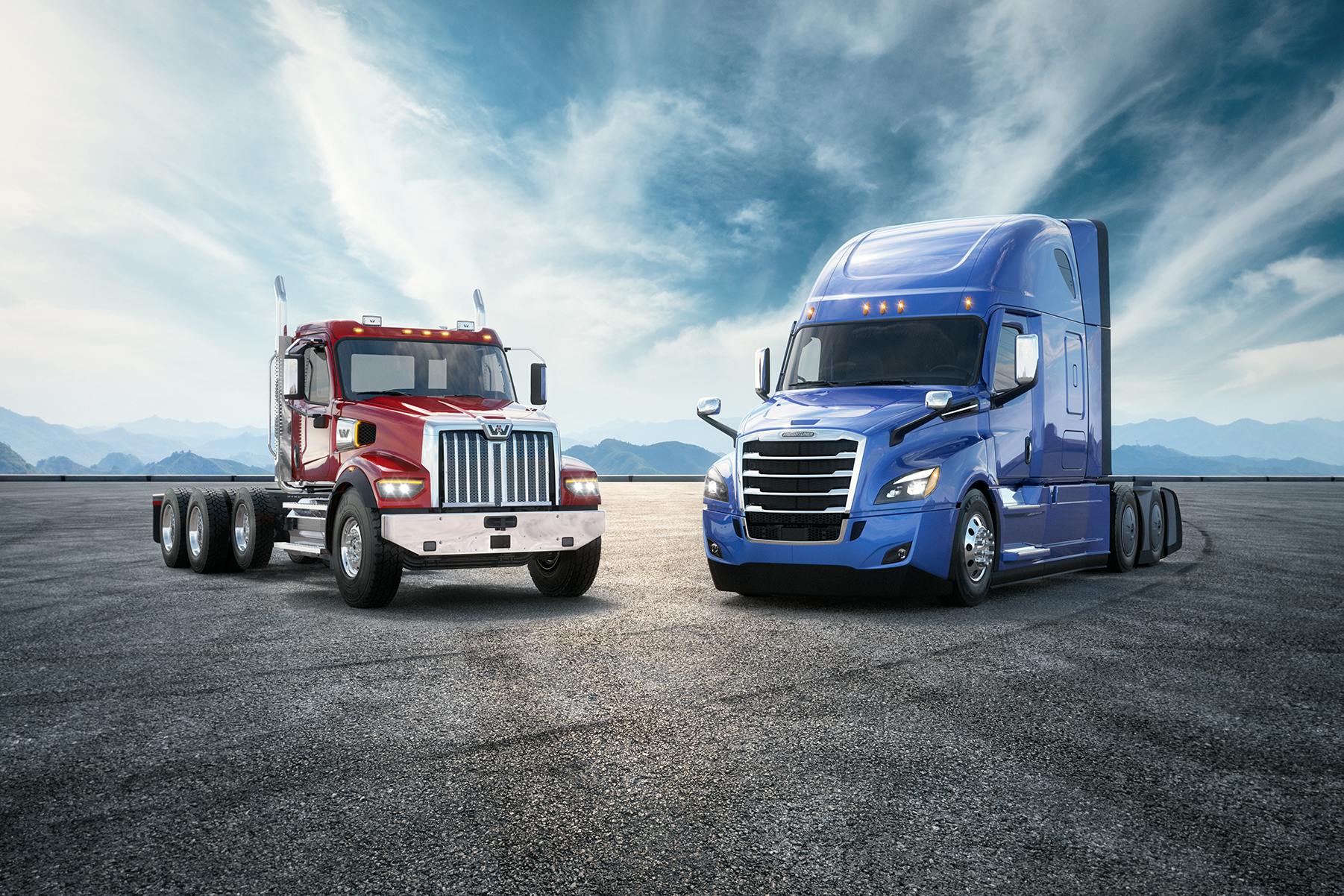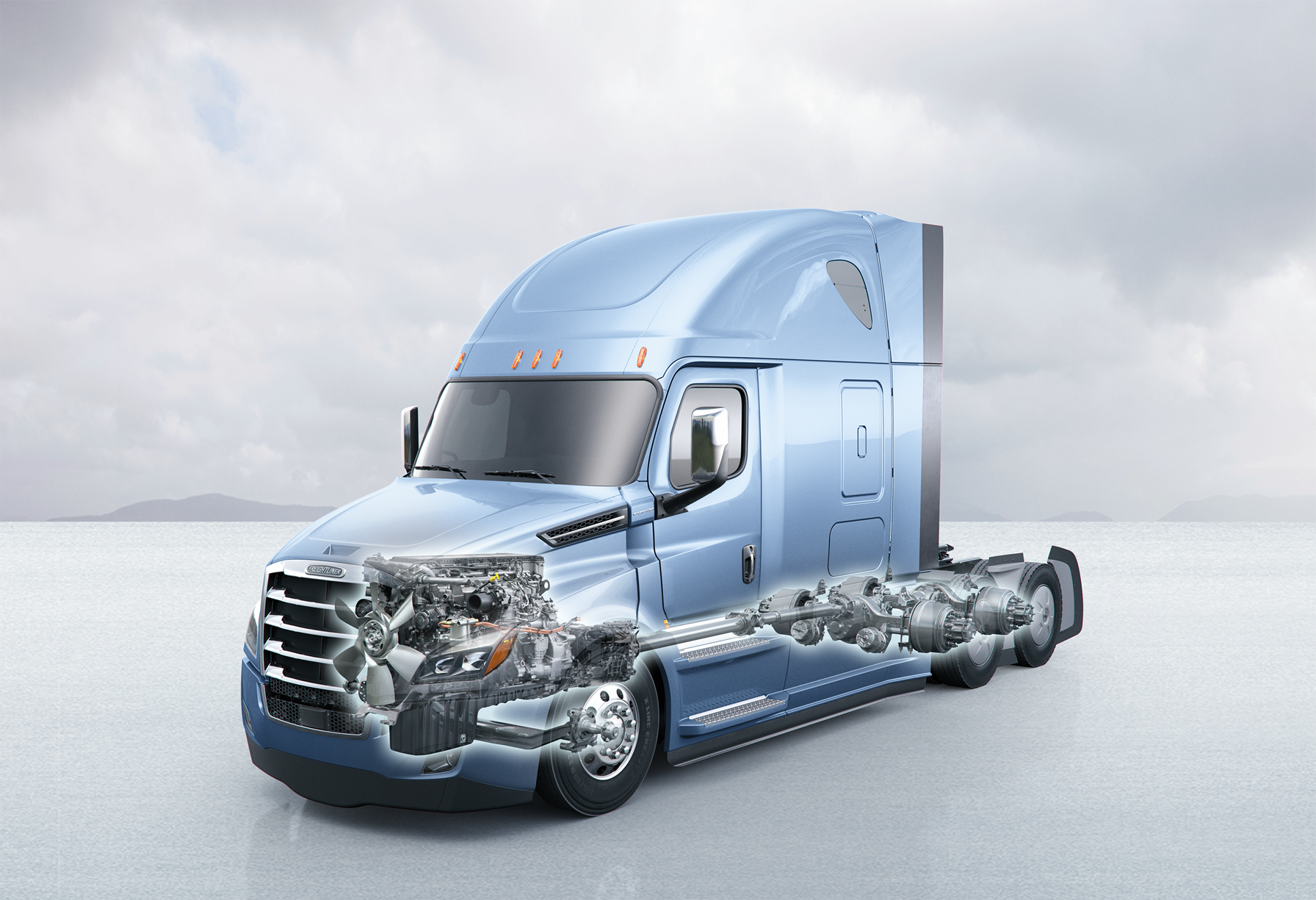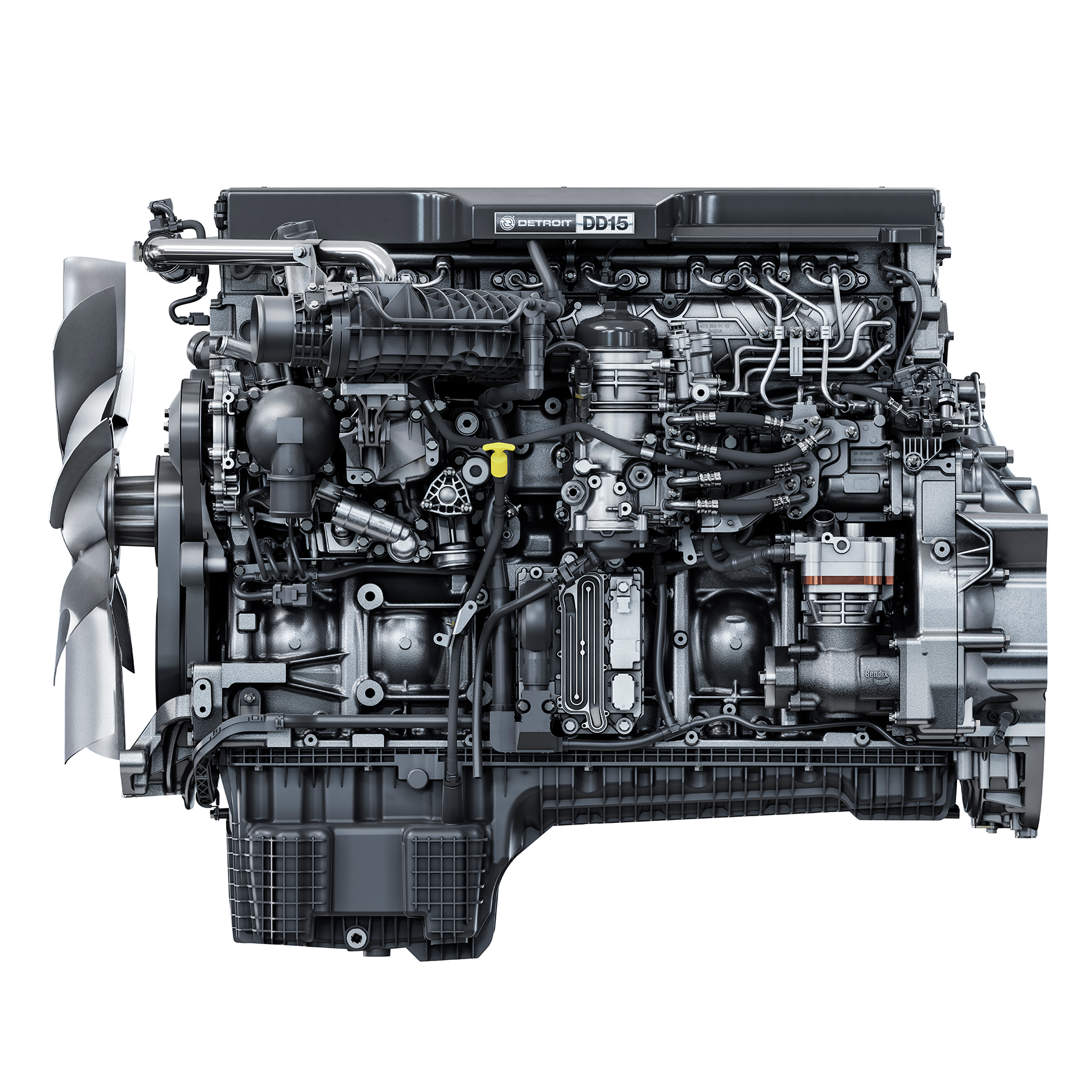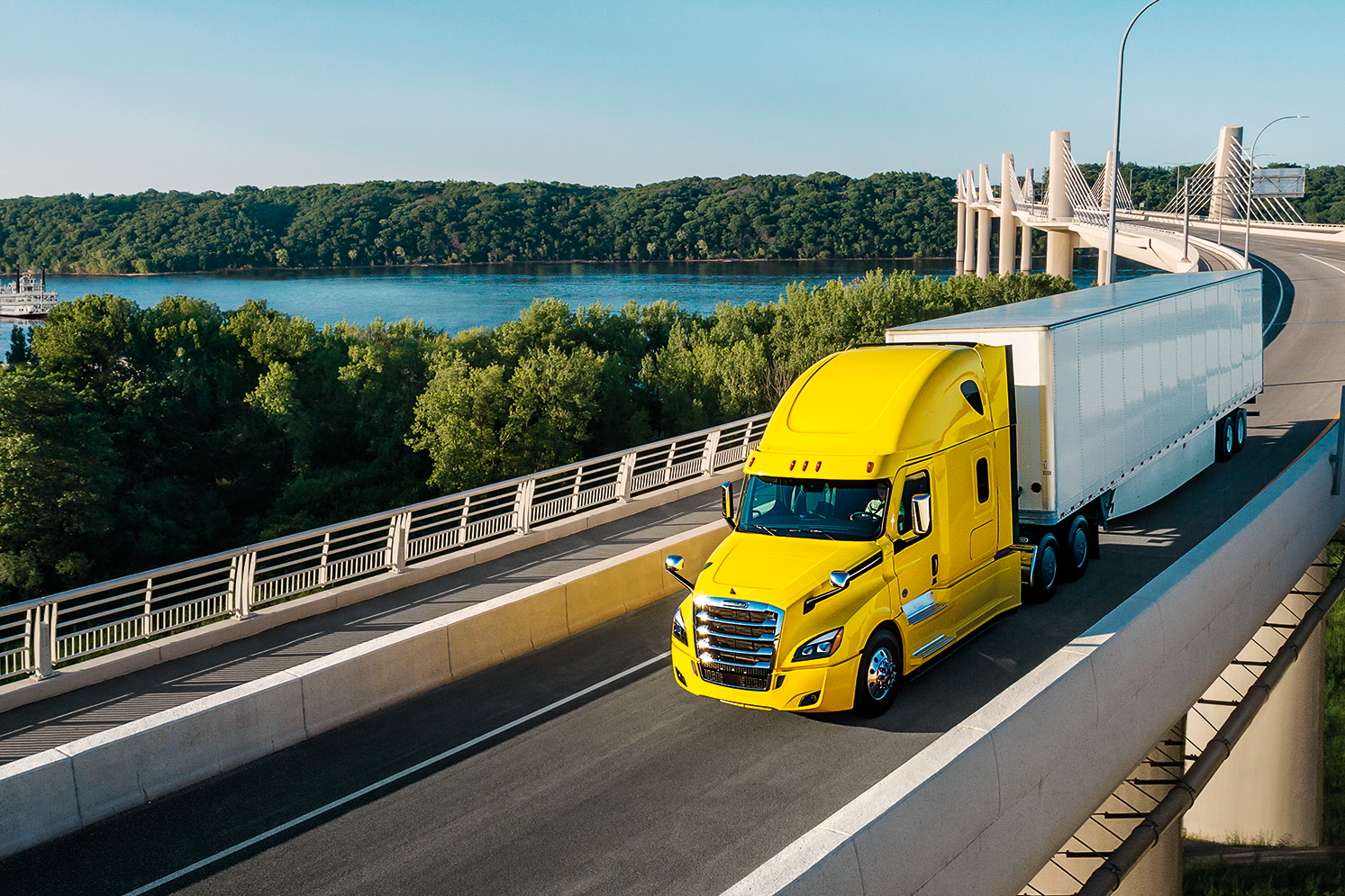The Future of Diesel: Is Diesel Going Away?

The Future of Diesel: Is Diesel Going Away?
At Detroit, we understand that there are many questions and concerns about the future of diesel. With emerging electric options on the market, as well as state and federal regulations around emission standards on the horizon, you might be wondering if diesel is on its way out.
We sat down with Michael Young, engine marketing manager at Detroit, to clear up these questions and asked him to share some key benefits and enhancements that newer, more innovative diesel engines can provide.
ENHANCED PERFORMANCE
For decades, diesel has been the go-to fuel for moving entire industries. Compared to gasoline engines, diesel technology is purpose-built for moving heavy loads over long distances, making it the ideal candidate for heavy-duty vehicles and equipment that require high levels of power and endurance.
“Aside from the basic technicalities, newer diesel vehicles have nearly doubled their fuel efficacy rates compared to what they were just 10 years ago,” says Young, “Diesel vehicles were getting 4 to 5 MPGs...now we are seeing closer to 9 to 10.”
If we compare diesel engines to emerging electric powertrain options, it's evident that the former offers more flexibility and an established track record, while electric options are still in their nascent stages and working to overcome challenges like infrastructure, pricing, and range considerations. Despite the potential benefits of electric powertrains, diesel's versatility and reliability make it a tough contender to be displaced from its leadership position in the market.

LOWER EMISSIONS
Diesel engines have come a long way in terms of efficiency and emissions. Today's diesel engines are cleaner and more efficient than ever before, thanks to advancements in technology and the implementation of modern emission standards. “We've made huge strides in clean diesel technology," says Young. According to an industry source, in certain environments, particulates that come out of the exhaust of a diesel engine can be lower than those measured at the intake.
The picture of a diesel vehicle driving down the road with billowing, black smoke is no longer. Detroit has been working for decades to implement new technologies into diesel vehicles that eliminate the particulate matter responsible for this image – bringing emission levels of new diesel vehicles to nearly zero. A good way to conceptualize how much cleaner diesel is today is to understand that 30 years ago, one truck produced the same amount of emissions as 60 trucks produce today.
As there are many diesel programs underway aimed at reducing both NOx and CO2 emissions, Detroit has proactively taken steps to get ahead of the game. In 2010, we pushed to cut NOx and CO2 emissions beyond what was required at the time – and we continue to do the same today. We work hard to not just meet the standard, but to lead the way, so that the future of business isn't just efficient – it's also sustainable.
Detroit is continuously working on delivering improvements in fuel efficiency and keeping tabs on the upcoming EPA27 and CARB 24 regulations. “While keeping up with industry regulations can be challenging, we are on track to have a comprehensive portfolio of products that will position us to continue to lead the market for years to come,” says Young. “By having constructive conversations with regulators, we are able to make sure that we have the lead time that we need to make reliable, regulated products for our customers."

RENEWABLE + CLEAN DIESEL
As the world continues to transition toward cleaner energy sources, diesel fuel is also evolving to become more sustainable. Renewable diesel, for example, is a type of biofuel that is made from renewable resources, such as vegetable oils and animal fats, and runs cleaner than standard, ultra-low-sulfur diesel. However, both renewable diesel and low-sulfur diesel significantly reduce greenhouse gas emissions compared to petroleum diesel.
While renewable diesel use isn't widespread across all markets, it is a fuel option that's growing in popularity due to the higher fuel economy that it provides.
Clean diesel technology has helped to significantly reduce emissions from diesel engines and make them much more environmentally friendly. The adoption of renewable diesel and clean diesel technology has the potential to significantly reduce the environmental impact of diesel fuel, while maintaining the performance and reliability that diesel engines are known for.
FLEXIBILITY
Diesel is a flexible fuel due to its ability to be used with a wide range of engines and equipment. Every job that diesel powers is different, and every diesel consumer has different needs. That’s why there are hundreds of different diesel engines and vehicles for every job.
There’s no ‘one size fits all’ rule when it comes to diesel powertrains, which offer a wide range of performance for different applications, terrain and load types. As a result, alternative fuel sources that meet every need will be very difficult to come by.

THE ROAD AHEAD
If you haven’t picked up on it yet, diesel isn’t going anywhere anytime soon. With the millions of diesel vehicles on the road and even cleaner diesel powertrain technology around the corner, there’s still a large demand for diesel engines.
When we look ahead, the future is about balance and diversification. Both diesel and electric powertrains are built for tomorrow – each one simply applies to specific applications and customer needs. So, whether you're sticking to the world of diesel, or you're interested in exploring the opportunities of electric, our goal at Detroit is to be the #1 choice to move you forward.